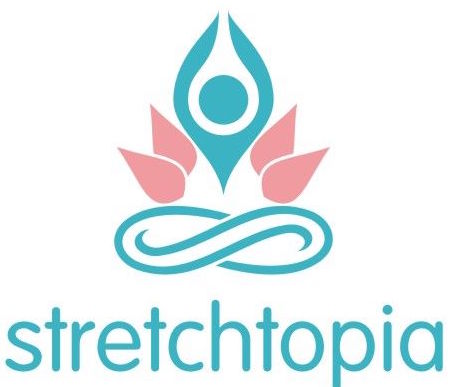

Stress is one of the biggest causes of health problems in many peoples’ lives.
It can lead to heart disease, depression, anxiety attacks, sleep problems, auto-immune diseases, weight problems and more.
But we’re busy — how do we drop the stress levels down while still getting our jobs done, taking care of ourselves and our families?
The busy person might have no time for weeklong meditation retreats, mini-vacations, or weekly counseling sessions.
So what can be done?
Here are five small things you can do, right now.
A few shifts in mindset, a couple actions that take only a couple minutes. These won’t solve the most severe stress problems, but they’ll help most of us.
- Be completely in one task. Instead of being in the stressful task-switching mode, take your next task, let everything else go, and just be in the moment with this one task.
Let yourself be immersed in this task, letting go of the feeling that you need to quickly rush through it, that you need to get on to the next task. There will always be a next thing — the nature of task lists is that they’re never-ending. So let those other tasks come later. Just be in this one task, like it’s your entire universe.
- See your ideals & let go of control. Fear is causing you to be stressed, not external factors like your job or family problems. Those external things are just a part of life, but they become stressful when you fear failure, fear people won’t like you, fear you’re not good enough, fear abandonment, and so on. This fear is based on some ideal (and you fear not getting that ideal): you have an image that you’re going to succeed, be perfect, have people like you, be comfortable all the time. These ideals are a way to be in control of the world that you don’t actually control, but they’re hurting you by causing fear and stress. Instead, let go of control. Be OK with chaos and uncertainty, and trust that things will work out. You’ll fear less and be less stressed.
- Accept people & smile. We get upset at other people because they don’t meet our ideals of how they should act. Instead, try accepting them for who they are, and recognizing that, like you, they’re imperfect and seeking happiness and struggling with finding happiness. They’re doing their best. Accept them, smile, and enjoy your time with this person.
- Take a brief walk. When things are getting stressful, take 2-3 minutes to take a walk and clear your mind. A short walk does wonders.
- Do short mindfulness practices. You don’t have to meditate for 30 minutes to get the benefits of mindfulness. You can do a quick body scan (see how your body is feeling right now) in 10 seconds. You can pay attention to your breath for 30 seconds. You can watch your thoughts, fears, ideals for a minute. You can walk mindfully, paying attention to your body, your feet, your breath, your surroundings, as you walk. You can do each of these kinds of mindfulness practices in little bits throughout your day.
Yoga for stress reduction
Did you know that an estimated 60 to 98 percent of visits to the doctor are related to stress?
Further, over the last 5 years, over 44% of Americans have reported increased psychological stress.
At the same time, one study showed that less than 3% of doctors talk to their patients on how to reduce stress.
Fortunately, yoga, meditation, and similar practices train your body and your mind to cope with stress and improve overall health and well-being.
Many studies have explored the impact of yoga on mental health and stress.
One study even showed that yoga can ‘reverse’ the molecular reactions in our DNA which cause ill-health and anxiety.
Another study showed how regular yoga can reverse the harmful effects of aging.
Amazing!
Many types of exercise are beneficial to your physical and mental health.
One of the great things about yoga is the underlying philosophy of self-compassion and awareness.
The mindfulness component of yoga balances the connection between the mind and the body, while also training the counter-stress response system called the parasympathetic nervous system.
With regular practice, stress hormones decrease and heart rate variability increases, which is a measure of the ability to tolerate stress.
We can’t expect our lives to slow down, or the world to become less stressful.
And beyond
If you have extra time after doing those things, I have a few other recommendations that will help.
Eliminate unnecessary tasks on your to-do list, reduce your commitments by saying no to people, eat healthier, exercise regularly, spend some quality time with loved ones, get more sleep, drink tea.
Author: Christine Mathias
Hi, I’m Christine Mathias, licensed attorney and owner of Stretchtopia. With over ten years of legal experience, I use my skills to help businesses and nonprofits thrive. Using my experience running a workplace yoga organization, I am excited to help other yoga business owners tackle their legal issues and other organizational, financial, and marketing obstacles.


